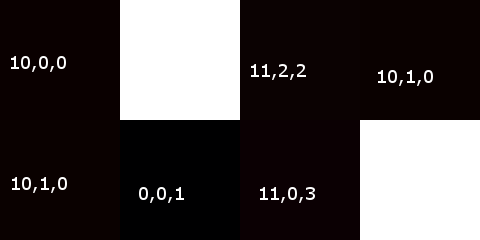Task
Given a non-negative integer n, output 1 if n is 0, and output the value of n otherwise.
Input
A non-negative integer.
- If you would like to accept the string as input, the string would match the following regex:
/^(0|[1-9][0-9]*)$/, i.e. it must not have any leading zeroes, except when it is0. - If you accept a real integer as input, you may assume that the integer is within the handling capability of the language.
Output
A positive integer, specified above. Leading zeroes are not allowed. Your output should match the regex /^[1-9][0-9]*$/.
Testcases
input output
0 1
1 1
2 2
3 3
4 4
5 5
6 6
7 7
Scoring
This is code-golf, so shortest answer in bytes wins.
Standard loopholes apply.


